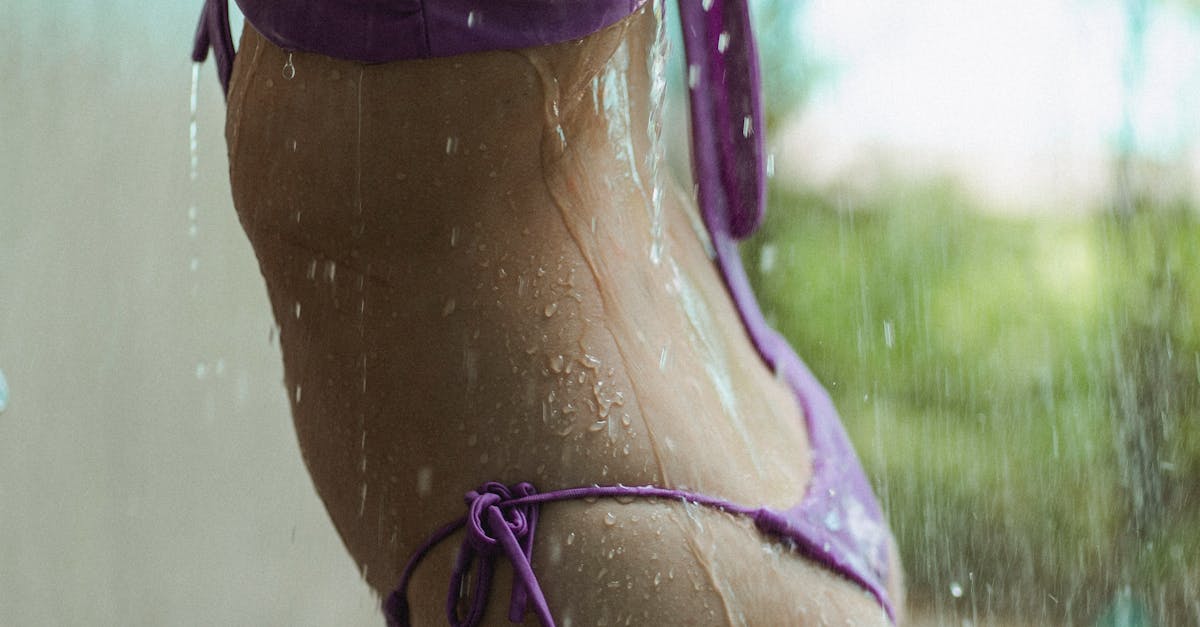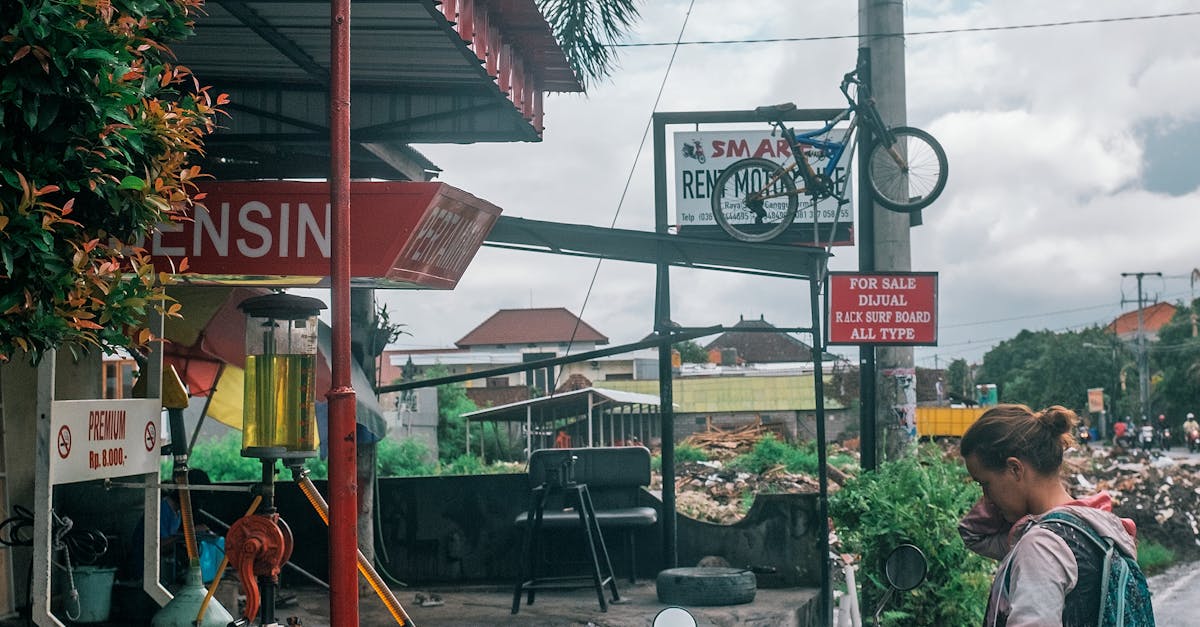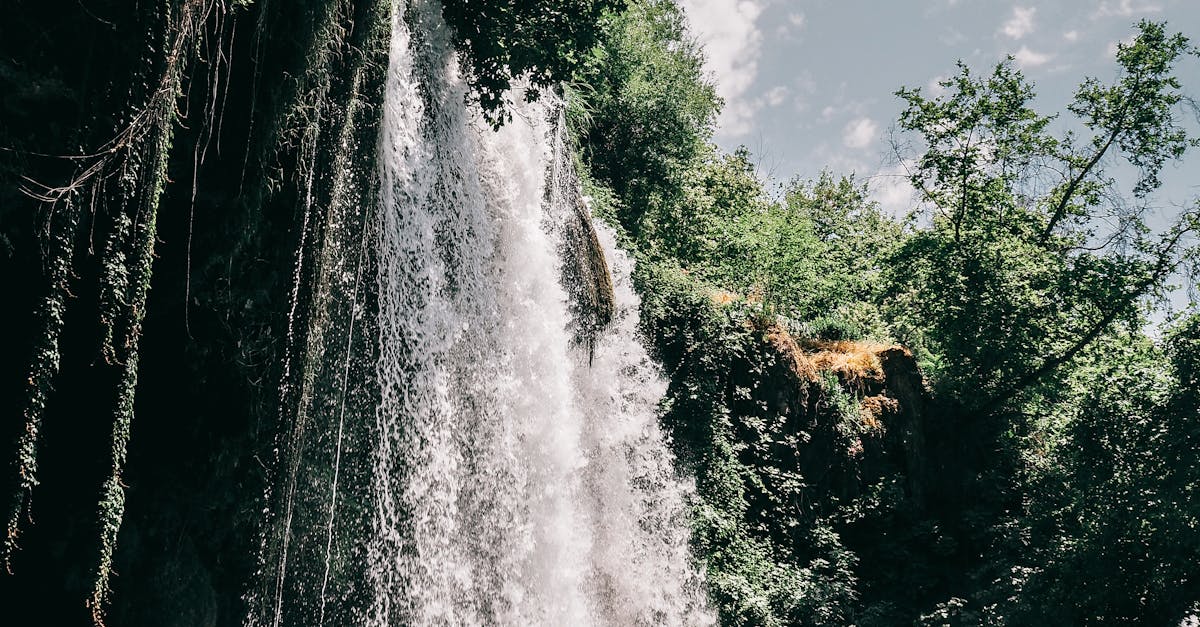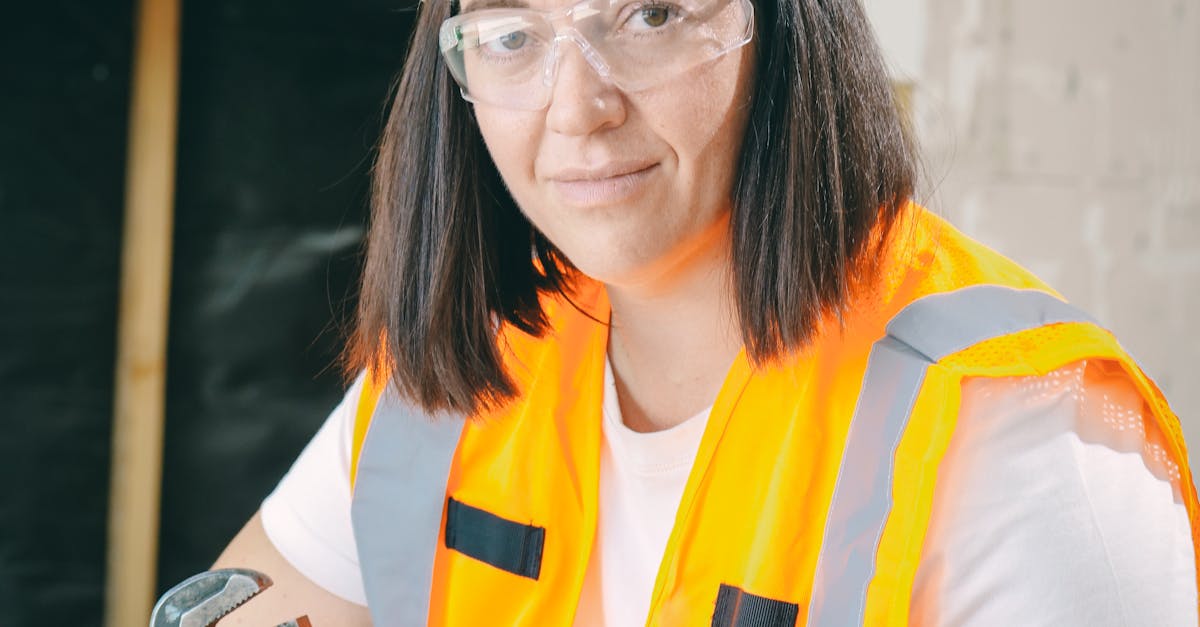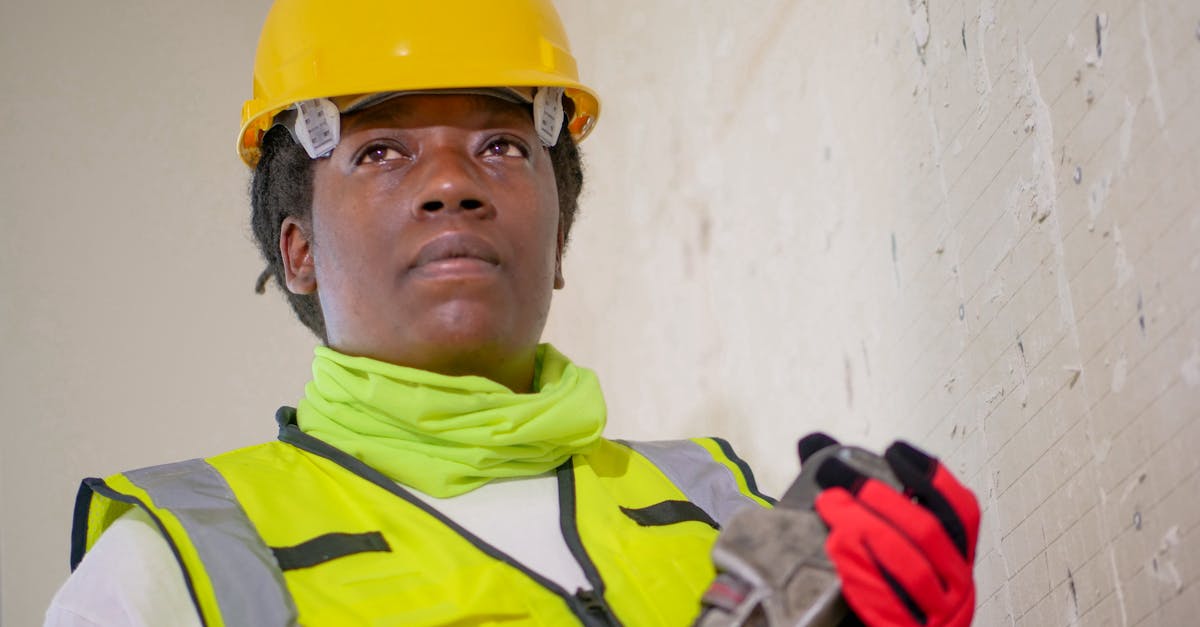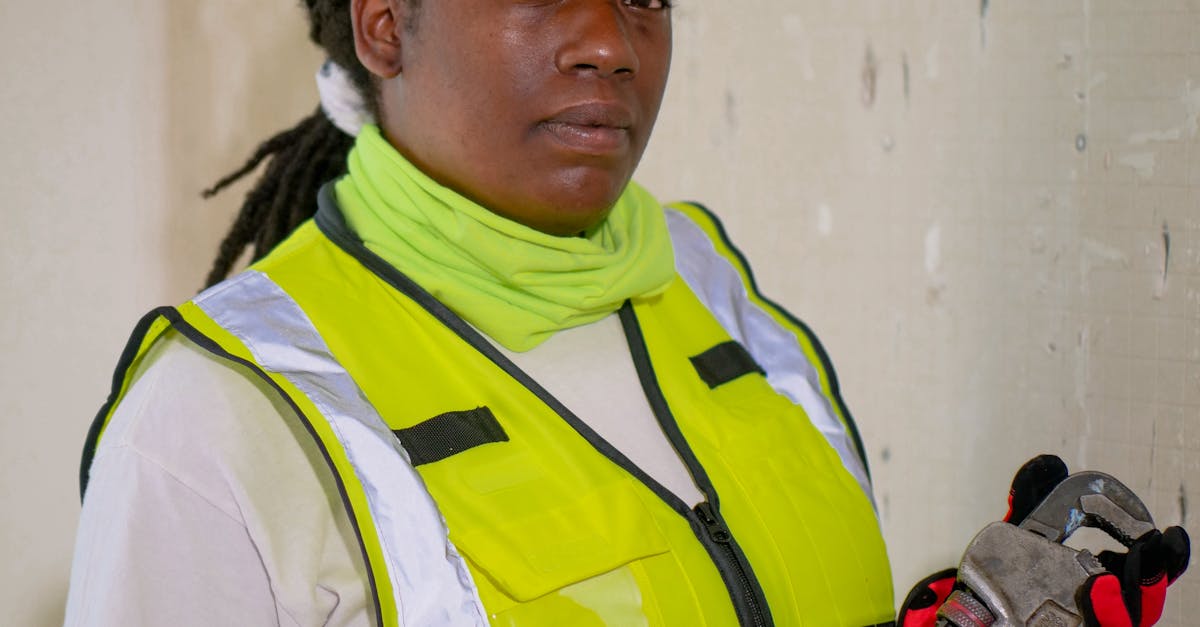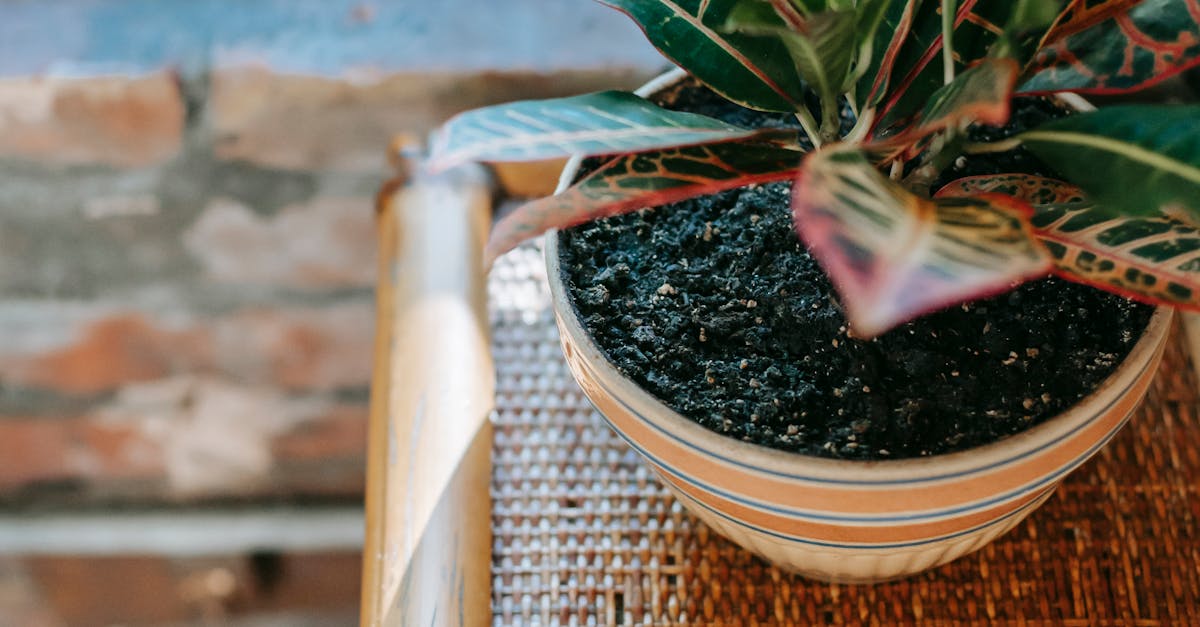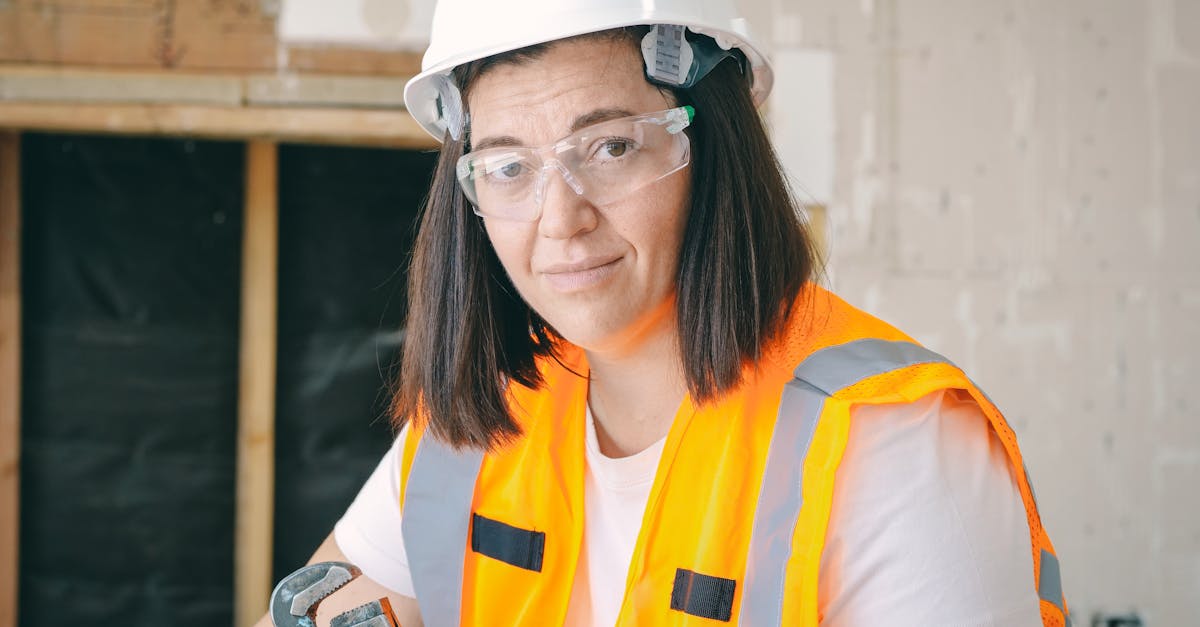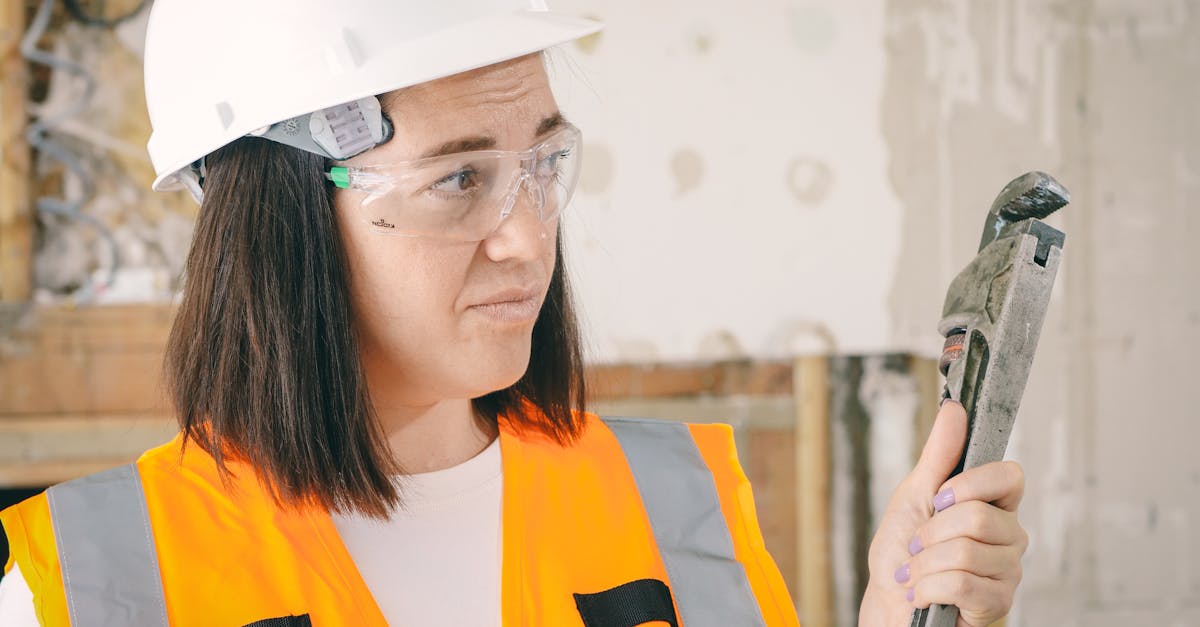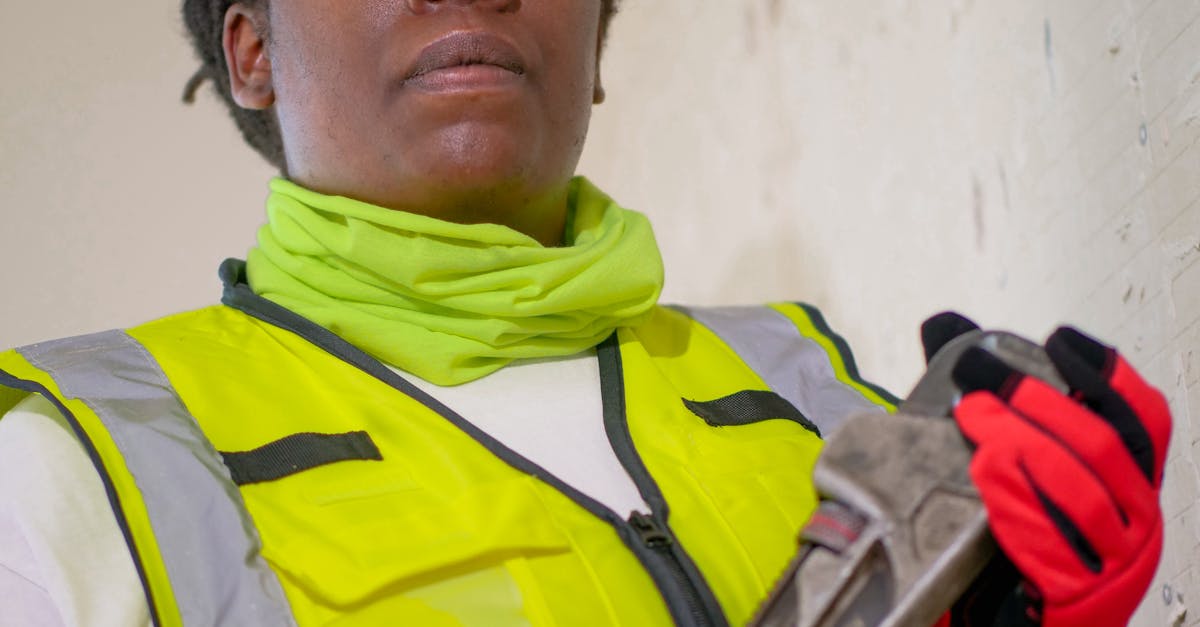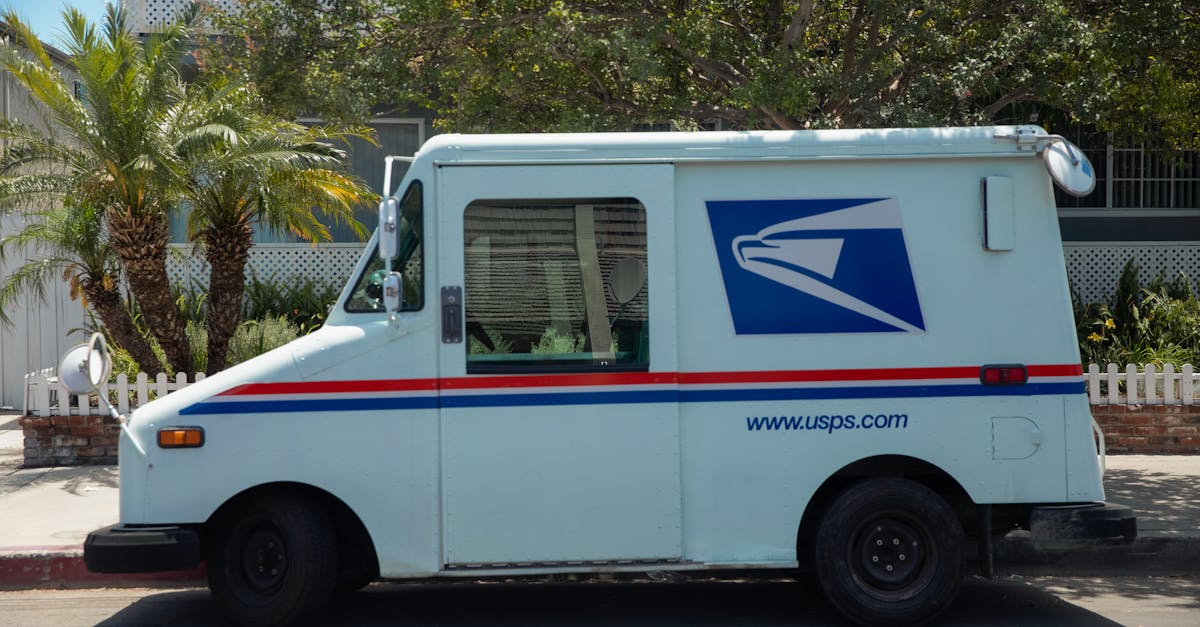
Table Of Contents
Installation Requirements
Choosing a location for your water heater is crucial to ensure proper installation. The area should be well-ventilated, with sufficient space for maintenance access. If opting for a tankless system, installation often requires specific plumbing and electrical configurations. Compliance with local regulations is essential, particularly concerning exhaust venting for gas units. Understanding your building's layout can help in determining the best place for efficient performance.
Water heater installation and repair often necessitate professional assistance to meet safety standards. Depending on the type of heater, additional requirements such as securing the heater on a suitable platform or ensuring it is earthquake-resistant may apply. It's essential to review your local building codes and consult with licensed installers to address any unique considerations of your home. A thorough assessment can prevent future complications and provide peace of mind regarding system reliability.
Key Factors for Safe and Compliant Setup
When considering water heater installation and repair, it is crucial to comply with local regulations and safety standards. These guidelines not only ensure the safe operation of the appliance but also protect the integrity of your home’s plumbing system. Before beginning installation, homeowners should consult with qualified professionals. Their expertise will provide insight into the necessary permits and compliance checks that need to be completed prior to any work commencing.
Proper ventilation is a key component in the safe setup of water heaters, especially for gas models. Inadequate ventilation can lead to dangerous gas buildup, which poses health risks to the occupants. Additionally, ensuring that the unit is installed on a level surface and that all connections are secure is essential to avoid leaks and potential hazards. Regular inspections and maintenance can further enhance safety and compliance over the life of the unit.
Budgeting for Your Water Heater
Choosing the right water heater involves careful consideration of both initial costs and long-term savings. Expect to encounter a range of prices depending on the type and brand of water heater you choose. Factors such as capacity, energy efficiency, and technology can significantly influence the price. Installation costs can also vary, based on the complexity of the setup and whether any modifications are needed in your existing plumbing or electrical systems. Water heater installation and repair expenses should be factored into your total budget to ensure you have a comprehensive understanding of the financial commitment.
Long-term savings are equally important when selecting a water heater. Energy-efficient models may have a higher upfront cost but often lead to considerable savings on utility bills over time. Consider the unit's energy rating and potential rebates or incentives that may be available for environmentally conscious choices. Regular maintenance can also improve your unit's lifespan and efficiency, translating to additional savings in both repairs and energy consumption. Keeping these aspects in mind can help you make a more informed decision that aligns with your financial situation.
Understanding Initial Costs vs. LongTerm Savings
When selecting a water heater, it's essential to evaluate both initial costs and potential long-term savings. The initial expense can vary widely depending on the type, brand, and size of the unit you choose. High-efficiency models may come with a heftier price tag upfront, but they often lead to substantial savings on your energy bills over time. Evaluating the energy efficiency rating and considering the cost of water heater installation and repair can provide insight into the long-term value of your investment.
On the other hand, cheaper options may seem appealing at first glance but can result in higher operational costs and more frequent maintenance. Understanding how different models impact energy consumption is crucial. It’s also wise to account for any potential repairs that could arise as the appliance ages. By factoring in these elements, you can make a more informed decision that balances your immediate budget with the sustainable benefits of a more efficient water heater in the long run.
Maintenance and Longevity
Regular maintenance is essential for extending the life of your water heater. Scheduling annual checks and servicing can help identify issues before they become major problems. Cleaning the tank, inspecting the anode rod, and flushing out sediment buildup are key actions that can significantly enhance efficiency and longevity.
Proper care during water heater installation and repair also contributes to maintaining optimal performance. Ensuring that the unit is installed correctly can prevent unnecessary strain and reduce the likelihood of future repairs. Following manufacturer guidelines and safety regulations will further enhance the durability of your appliance, providing a consistent supply of hot water for years to come.
Best Practices for Keeping Your Heater in Top Condition
Regular maintenance is crucial for ensuring the optimum performance and longevity of your water heater. Start by checking the temperature setting on your unit. Ideally, it should be set to around 60 degrees Celsius to prevent scalding and minimise energy consumption. Flushing the tank at least once a year can help remove sediment buildup that affects efficiency. Inspect the anode rod, which prevents tank corrosion, and replace it if it shows significant wear. These simple tasks can help maintain your water heater's efficiency and extend its lifespan.
Be attentive to signs that your water heater may require professional attention. This includes unusual noises, leaks, or fluctuations in water temperature. Addressing these issues quickly can prevent further damage. For specific problems, reaching out to a qualified technician for water heater installation and repair will ensure accurate diagnosis and safe resolutions. Keeping your water heater in top condition not only provides reliable hot water but also contributes to overall household energy efficiency.
FAQS
What are the main types of water heaters available for home use?
The main types of water heaters include tank storage heaters, continuous flow (or instant) heaters, heat pump water heaters, and solar water heaters. Each type has its own advantages and considerations depending on your home's needs and energy source.
How can I determine the right size water heater for my household?
To determine the right size water heater, consider the number of people in your household, your peak water usage times, and the type of appliances that use hot water. Generally, a larger tank or a higher flow rate is needed for bigger households.
What should I consider when budgeting for a water heater?
When budgeting for a water heater, consider not only the initial purchase and installation costs but also ongoing expenses such as energy bills, maintenance, and potential repairs. Long-term savings from energy efficiency can also impact your overall budget.
How often should I maintain my water heater?
It's generally recommended to perform maintenance on your water heater at least once a year. This can include flushing the tank, checking the anode rod, and inspecting for any leaks or signs of wear.
Are there energy-efficient water heater options available?
Yes, there are several energy-efficient water heater options, such as heat pump water heaters and solar water heaters. Look for models with high energy ratings, as they can provide significant savings on your energy bills over time.

